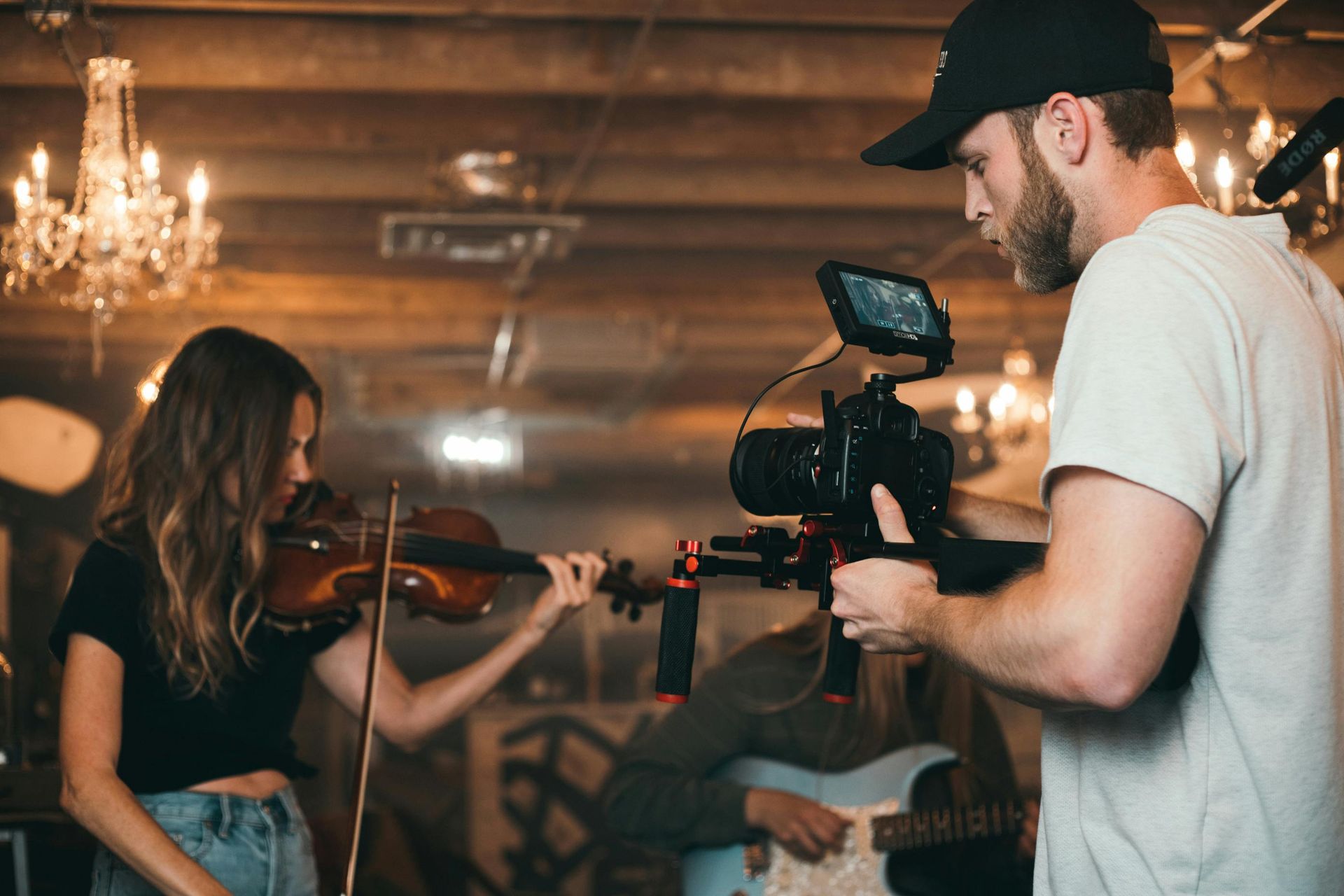Clearing Music for Film and TV: A Guide for Filmmakers and Producers
Here’s what filmmakers and producers need to know about clearing music for film and TV.

Music is a crucial element of film and television, setting the tone, enhancing emotion, and making scenes more memorable. However, using music legally requires securing the appropriate rights, a process known as "music clearance." Failure to do so can result in legal issues, financial penalties, or even the removal of content. Here’s what filmmakers and producers need to know about clearing music for film and TV.
Understanding Music Rights
To use music in a film or TV production, you typically need to clear two separate rights:
- Synchronization (Sync) Rights – This allows you to pair a musical composition with visual media. It is licensed by the song’s publisher(s).
- Master Recording Rights – This grants permission to use a specific recorded version of the song. It is licensed by the record label or rights holder of the recording.
If you wish to use a song but record your own version, you only need sync rights. However, if you use an existing recording, you must secure both sync and master rights.
Steps to Clearing Music
- Identify the Rights Holders – Use resources like ASCAP, BMI, SESAC, and the U.S. Copyright Office to determine the song's publisher and record label.
- Negotiate a License – Contact the rights holders and negotiate a sync and/or master license. Fees can vary based on factors such as:
- Length of use
- Media distribution (TV, streaming, theatrical release, etc.)
- Territory (domestic vs. worldwide)
- Exclusivity
- Obtain Written Agreements – Once terms are agreed upon, ensure you receive a formal license agreement outlining your rights and limitations.
Alternative Options for Music
If licensing commercial music is too expensive, consider these alternatives:
- Production Music Libraries – Offer pre-cleared tracks at a fraction of the cost.
- Independent Artists – Many up-and-coming artists are willing to license their music for exposure.
- Commissioned Original Scores – Hiring a composer ensures unique and exclusive music for your project.
- Public Domain or Creative Commons – Some music is free to use depending on the licensing terms.
Final Thoughts
Music clearance is an essential step in film and TV production. By understanding the process and planning ahead, filmmakers can avoid legal pitfalls and ensure their projects are distributed without issues. If in doubt, consult an entertainment lawyer to navigate complex licensing agreements and protect your production.
